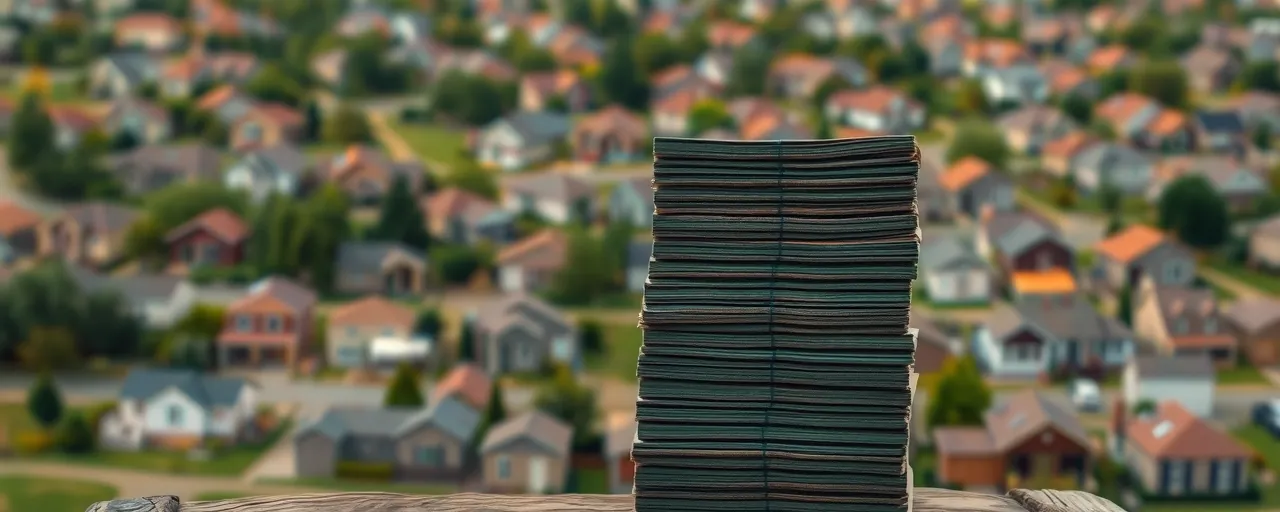A Staggering Pile of Idle Cash
Picture $7.24 trillion locked away, sitting in money market funds, generating modest returns while doing nothing to address pressing needs. This massive hoard reveals a system where the wealthy prioritize safety over progress, leaving communities to grapple with underfunded schools and crumbling roads. The problem isn’t just the number; it’s what that number represents: a growing divide between those who can afford to wait out uncertainty and those who can’t.
Why does this matter to you? Every dollar parked in these funds could instead rebuild bridges, expand healthcare, or fund clean energy. With weekly inflows of $60 billion, the scale of this wealth retreat is staggering. It raises a critical question: who benefits when capital sits idle, and who suffers when it’s not invested in the public good?
Geopolitical tensions, from Middle East conflicts to the Russia-Ukraine war, have fueled this rush to safety. The IMF’s geoeconomic fragmentation index, now at its highest in decades, explains why investors are pulling back. Gold prices have climbed over 20% this year, and bond yields have dropped as equities take a hit. But this flight to safety isn’t a universal choice—it’s a luxury for the affluent, who shield their wealth while working families face rising costs.
Why Wealth Retreats
Economic pressures are reshaping how money moves. With the Federal Reserve’s policy rate above 4.25%, higher borrowing costs have cooled growth stocks, nudging investors toward liquid, low-risk options like money market funds. Persistent inflation, with core PCE above 2.5%, has prompted individuals to seek yields up to 3.8% in premium accounts. This shift, driven by a desire to preserve nominal wealth, leaves the broader economy starved of investment.
We’ve seen this pattern before. In the 1970s, stagflation drove capital into safe assets like Treasuries. The 2001 post-9/11 markets and the 2022-23 inflation surge, which hit nearly 9%, saw similar rushes to money market funds, which crossed $6 trillion by mid-2024. These moments reveal a hard truth: when uncertainty spikes, the wealthy retreat, prioritizing personal security over collective progress.
Some argue this cash pile reflects smart planning, a buffer against recession risks estimated at 40% by the IMF and 60% by JPMorgan. They see it as a rational response to trade disputes and global unrest. Yet this view overlooks the cost: while the affluent hoard cash, ordinary families face soaring prices for essentials like food and rent. The gap between those who can save and those who can barely survive grows wider every day.
Redirecting Wealth for Fairness
This massive cash hoard demands bold action. Progressive leaders like Elizabeth Warren and Bernie Sanders argue that it reflects wealth concentration, not prudence. They propose taxes on large financial holdings to fund public goods like healthcare, education, and infrastructure. These policies aim to bridge the gap between the elite and everyone else, ensuring wealth serves society, not just a few.
Others claim high savings show fiscal responsibility, a shield against economic downturns that reduces reliance on government support. They push for tax cuts to “free” this capital, arguing markets will drive growth. History tells a different story: since the 1980s, tax breaks for the wealthy have fueled inequality, with the top 1% now holding more wealth than the bottom 90%. Market-driven solutions haven’t closed this gap—they’ve widened it.
Imagine redirecting this $7.24 trillion to rebuild communities. A wealth tax could fund small-business loans, green energy projects, or universal childcare, creating a stronger, fairer economy. The New Deal proved that public investment can transform lives, and we need that vision today. Why let trillions sit idle when they could lift millions out of hardship?
A Future Worth Building
This record-breaking cash hoard isn’t just a statistic—it’s a challenge. We can’t allow fear or greed to shape our future. Progressive policies can redirect idle wealth to address inequality and rebuild society. With recession risks rising and global tensions unresolved, inaction means accepting a system where the rich thrive while others struggle.
Policymakers must seize this moment. By taxing concentrated wealth and investing in public goods, we can create an economy that works for everyone. The choice is clear: we can let trillions languish in safety, or we can use them to build a future where opportunity isn’t reserved for the few. Let’s choose progress over privilege.
